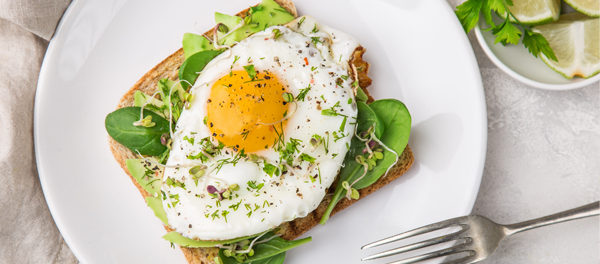What Are the Best Energy Foods?

Whether you’re dealing with insomnia or a post-lunch slump, fatigue can be difficult to bounce back from without adding a second (or third!) cup of coffee to your routine. Instead, try adding foods that give you energy to your diet.
“The way in which diet impacts energy levels is complex because everyone responds differently to the foods they eat; however, certain meals and snacks are more likely to affect your energy levels based on their caloric content and nutrient profile,” says Emma Laing, Ph.D., R.D.N., L.D., F.A.N.D., spokesperson for the Academy of Nutrition and Dietetics. She suggests looking for foods that contain macronutrients in the form of carbohydrates, proteins, and fats, which “supply energy to the body at different rates depending on the types of food consumed, if they are eaten alone or in combination with other foods, and the timing of meals and snacks throughout the day.”
Avoiding “too much added sugar, caffeine, and other heavily processed, low-nutrient foods can also help,” Jennifer Bruning, M.S., R.D.N., L.D.N., spokesperson for the Academy of Nutrition and Dietetics, adds. While your diet may impact your energy levels, it’s also important to remember that it’s not the only factor. “Medications, sleep patterns, stress management, physical activity, hydration status, and health conditions also impact how your energy levels respond to the food you eat,” Laing explains. Considering these factors in tandem with your diet is more likely to produce noticeable changes than focusing on just one thing.
Excerpted from Prevention








